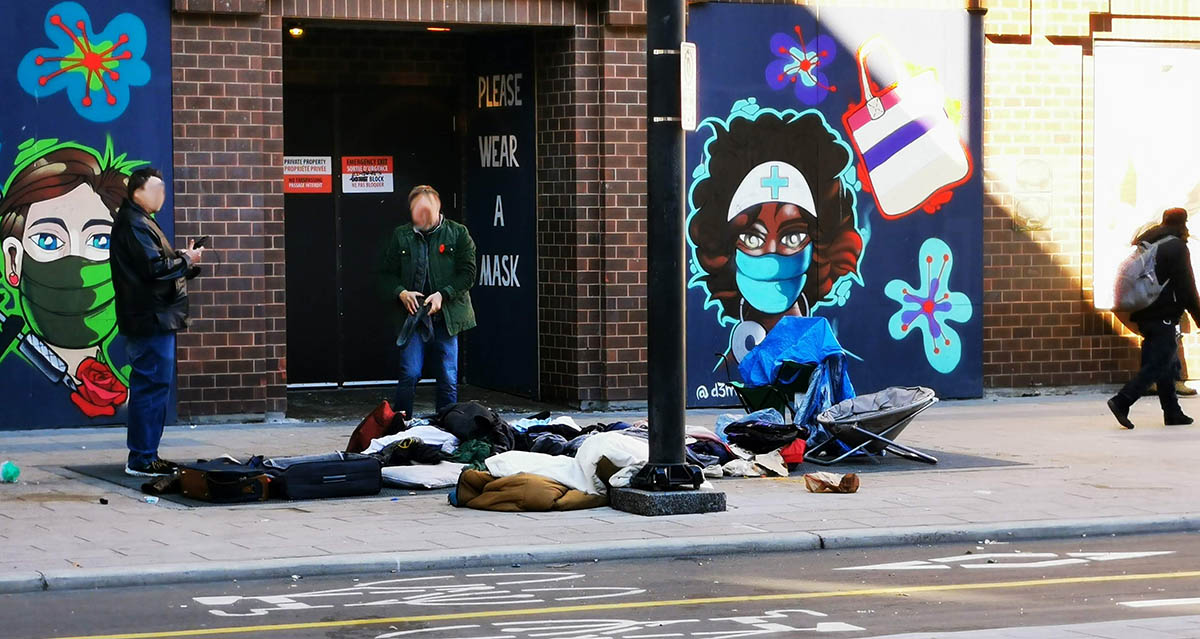
Continuing my discussion on ODSP. Their rules need to be changed.
In my last article, I discussed Ontario Disability Support Program (ODSP) and gave a brief example of how ODSP falls way short of providing enough money to meet people’s needs. Shortly after the article came out, I received messages from people sharing their stories, along with suggestions of other topics related to ODSP.
Some were topics that I simply forgot to include, and others, I admit that I wasn’t fully aware of.
I also made a mistake, which I apologize for. I’ll talk about that near the end.
One of my friends suggested that I should talk about the rules of ODSP. There are many rules that recipients of ODSP must follow. While I do understand the need to have rules in place, many of them are utterly ridiculous.
Here are a few rules that came up during our conversation.
Income From Employment
If you decide to get a job, you’re not allowed to make more than $200 a month. Techically you can but once you reach $200, ODSP will then take 50 per cent of every dollar earned thereafter. For example, If you make $300 a month from employment, ODSP will take $50. The first $200 is exempt and you get to keep 50 per cent of the remaining $100.
Relationships:
If you decide to live with someone or marry your partner, You will be totally dependent on them to support you. You can in fact lose ODSP simply for getting married or living with your partner.
Family:
Those that are living with their Parent(s) are eligible to receive ODSP once they turn eighteen if they qualify.
To see a full list of rules that recipients of ODSP must follow (complete with legal jargon), go to https://www.mcss.gov.on.ca/
There are also several groups on Facebook for people seeking information on ODSP.
I want to take the rest of this article to talk about my opinion regarding these rules.
To be perfectly honest, reading the complete list made me angry and a bit depressed. It’s pretty easy for me to see why others feel the same way and are fighting for the ODSP system to be changed.
As far as not being able to make over $200 a month, no wonder so many on ODSP don’t want to work. There’s no incentive to work, and some are downright afraid of losing what little support they receive from ODSP.
Rules such as that make people with disabilities actually feel more disabled than they are, which in theory, goes against the idea of ODSP giving you support.
During the pandemic, working from home became the new normal. With that in mind, new job opportunities for people unable to leave or go far from home due to their disabilities began to open up. More and more companies were having to shift their focus to having employees work from home. This is the ideal time for many PWD to find an actual job that pays instead of just volunteering.
BUT…
The fear of losing ODSP looms over their heads. ODSP controls what we do, where to work, how much we’re worth, and the fact we can’t get married. ODSP wants us to sit in a corner and do absolutely nothing for ourselves, including finding a partner.
It’s almost 2022, but according to ODSP, people with disabilities still live in the fifties.
Preventing people on ODSP from getting married also adds to the stereotype that people with disabilities can’t fall in love or aren’t deserving. Of course, we are. We’re human, and we should be allowed to love, be loved, and get married without fear of losing ODSP.
The system NEEDS a MASSIVE and updated overhaul.
Before I end this, I need to make a correction.
Last week, I gave out the wrong hashtag for ODSP Poverty. The correct hashtag on Twitter is #ODSPoverty. When you type in #ODSPoverty you’ll see an ongoing discussion of how ODSP’s lack of support affects people who rely on it.
Last, but not least, I want to say thank you to my very good friend, Sally Thomas, for helping me with this week’s article. Many of you already know Sally. She’s been very outspoken on many topics involving PWD, including ODSP. So, thank you for sharing your wisdom, Sally.
As always, please feel free to reach out to me. I love reading your stories, your comments, or anything you’re comfortable sharing.













